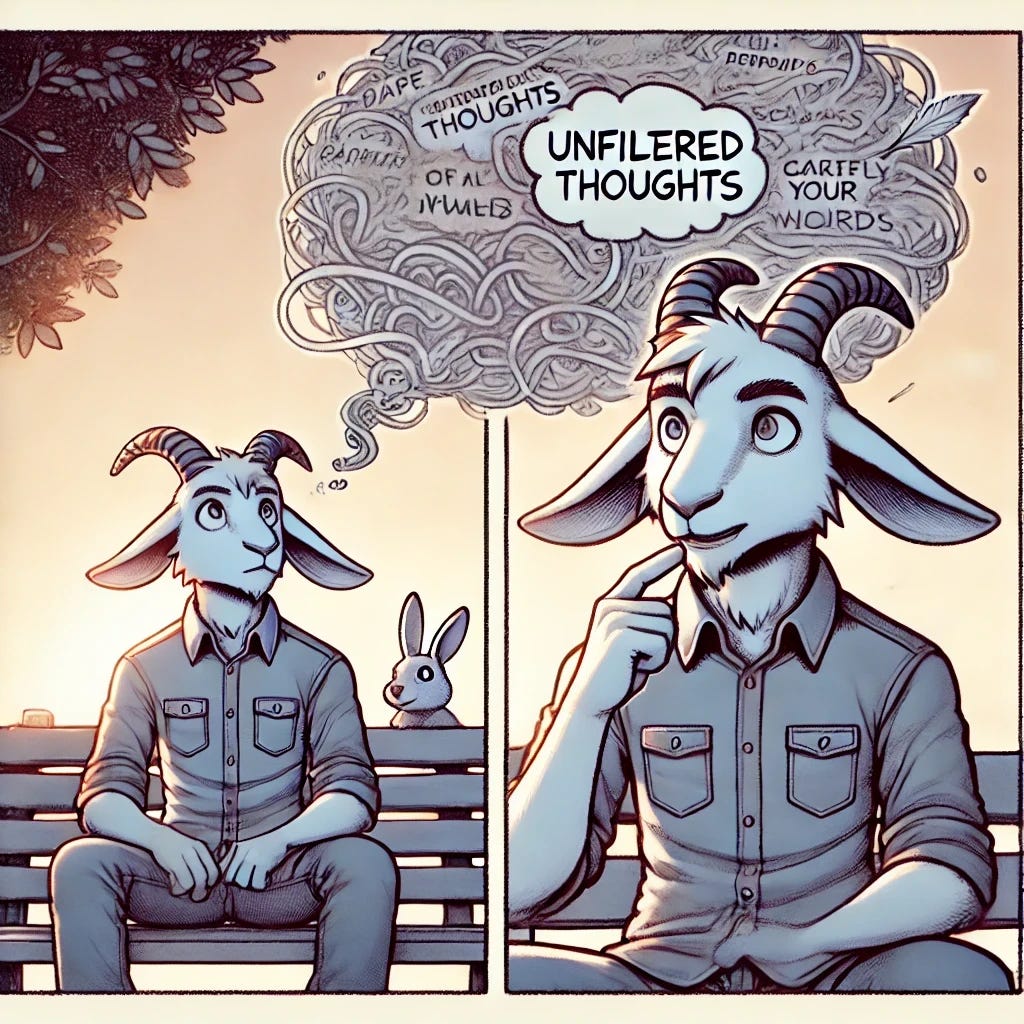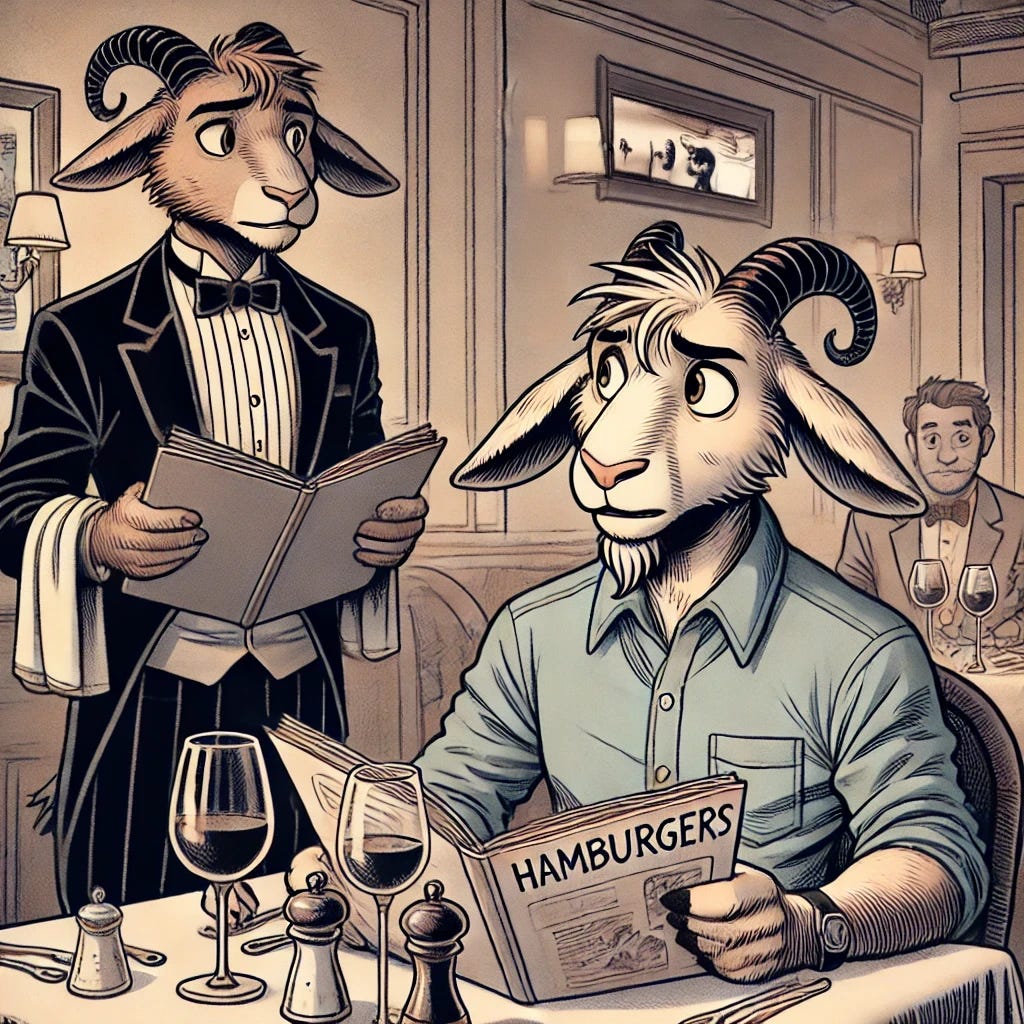Advice for talking to other people is a dime a dozen. There’s an entire self-help industry built around saying the right things instead of putting your hoof in your mouth, as I’ve done more times than I can count.
In the overwhelming ocean of advice and strategy, one way to stand out is to have a memorable phrase that sums up the core principle to remember. While punchy slogans like seek first to understand, and then to be understood or begin with the end in mind might seem obvious, these sorts of catchphrases can give you pause to think so that you avoid saying something that might completely derail the conversation.
At the same time, it’s important to get issues onto the table, so to speak. Leaving something unsaid can be even worse than saying the wrong thing, although this really depends on the situation, doesn’t it?
With all of this in mind, and given my affinity for alliteration, I’ve started to use a little catchphrase of my own—now, I make no claim to be the only person who has ever come up with this, and I may have heard it somewhere else, but it might also be a good example of convergent evolution.
The phrase is: pause and paraphrase.
If you’re in a conversation and someone tells you they’ve just been fired from their job, your first reaction might be something like, I can’t believe (X) did this to you! And it’s your third time being fired this year to boot!??
Is getting them riled up right now a good idea, or would it be better to express sympathy instead, especially since your friend has had some time to adjust to the news?
Pause and paraphrase. Maybe the information you want to convey is that you sympathize with your friend and are on the same side as them. Instead of blurting out that you can’t believe they were fired for the third time this year, pause and paraphrase. Let them know you’re there if they need you. I’m so sorry this is happening to you; if there’s anything I can help with, just let me know will probably land much better.
If the waiter tells you there are no more hamburgers and your initial inclination is, Wow, I thought this was a professional establishment that didn’t run out of things it advertised, it’s time to pause and paraphrase.
Oh dang, I’d heard so many good things about the burger! What do you recommend instead? will probably keep bad things from being done to your food.
In the middle of a conversation, thinking out loud can be useful if you’re brainstorming with another person. Throwing ideas out there without inhibition is important if you’re trying to be creative.
However, that’s the last thing you want to do if you’re trying to make someone feel comfortable. The human mind is a mysterious and complex place, and letting someone see a glimpse of what’s going on without providing additional context is a very bad idea.
Pausing gives you the chance to stop this show your work step from leaking out. Instead, you get an opportunity to consider how the words will sound from the other person’s point of view. The ultimate goal of the paraphrase, then, is for the other person to hear the message you want them to hear.
Pause and paraphrase isn’t a silver bullet for conversations. I’ll still find myself stepping on verbal rakes from time to time, but the simple idea of taking a moment to consider the wording has helped me to improve my real-time communication style more than any other single trick or technique, so naturally I wanted to share it with you today.
Do you find yourself doing some version of this dance during the course of your day?





All I know is that the next time I neglect to pause and paraphrase, I now have a go-to second response. “I’m sorry, excuse me while I back off this verbal rake I’ve step on.”
This needed more Dink.